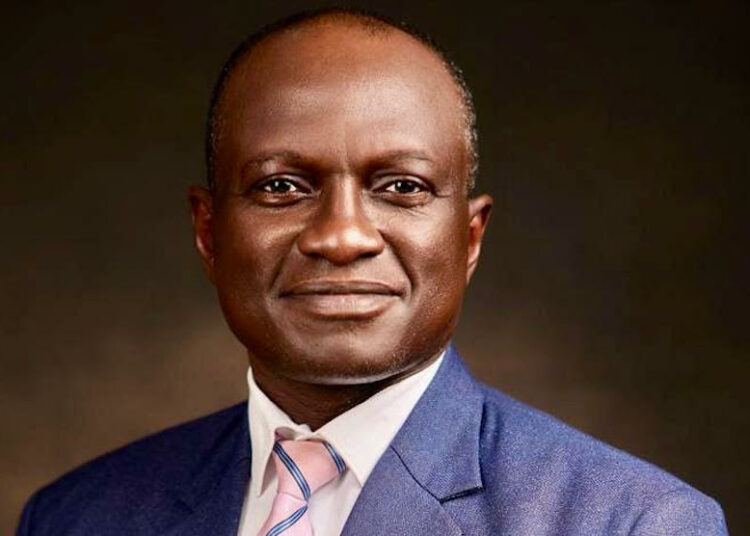The national coordinator of the National Counter Terrorism Centre (NCTC) in the Office of the National Security Adviser, Maj.-Gen. Adamu Garba Laka said terrorist groups are exploiting new technologies and socio-political vulnerabilities to stay relevant.
Gen. Laka said this yesterday at the Abuja Stakeholders Meeting on the Review of the National Counter Terrorism Strategy (NACTEST) 2016.
According to him, this dynamic nature of the terrorists’ tactics has necessitated a comprehensive review of NACTEST 2016.
Laka said reviewing the counterterrorism document would ensure the continued effectiveness of the country’s counterterrorism efforts.
He said, “The strategy was first published in 2016, and despite its relevance at the time, it has not been reviewed to reflect the evolving security landscape.
“As we all know, the threats we faced in 2016, and those we anticipated then, are quite different from the realities of today’s security environment. Terrorist groups have adapted their tactics, leveraged new technologies and exploited socio-political vulnerabilities.
“This dynamic nature of the threat landscape necessitates a comprehensive review of NACTEST to ensure its continued effectiveness in countering terrorism in Nigeria.”
He said the centre convened the meeting to engage all stakeholders in reviewing and adapting the strategy to the current security dynamics.
“This review is particularly important as we understand the necessity of a more holistic and non-kinetic approach to counterterrorism.
“While kinetic operations remain crucial in dismantling terrorist networks, we recognise that addressing the root causes of radicalisation is most essential,” he added.
He restated that the centre has a mandate to coordinate and integrate the activities of security, intelligence, and law enforcement agencies in the fight against terrorism in the country.
He added that the centre has continued to play a vital role in detecting, preventing, and responding to threats while fostering inter-agency cooperation and international collaboration.
“As we review NACTEST, we must align it with this mandate to ensure a more structured and effective counterterrorism approach,” Laka said.
He continued, “Additionally, the importance of partnerships cannot be overemphasised. The centre recognises that inter-agency collaboration, cooperation with international partners, and engagement with civil society organisations are fundamental to a successful counterterrorism strategy.
“The review of NACTEST must incorporate insights from all stakeholders, government institutions, security agencies, the private sector, academia, and the international community to ensure a well-rounded and effective framework.”
Earlier in his remarks, the director of policy and strategy at the NCTC, Commodore Ahmad Madawaki, said that implementing NACTEST was the responsibility of Ministries, Departments, and Agencies (MDAs), with NCTC as a coordinating body.
He said: “The reorganisation of MDAs due to the Orosanye Report brought about the overhaul of Nigeria’s public sector, which proposed the abolition of some MDAs and merging of others.
“This development calls for stocktaking of NACTEST’s stakeholder list. Additionally, there have been new terrorism threats, like the recent formation of the Lakurawa armed group in the Northwest region.
“Additionally, we have recorded significant changes in the tactics used by terrorists. Therefore, there is a need to review NACTEST and its stakeholder list to capture the new or merged MDA’s roles and responsibilities in meeting the current terrorism dynamics, which has become complex. For this reason, there has been a need to call you all here today.”





